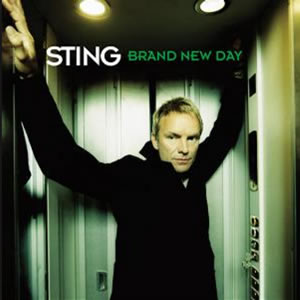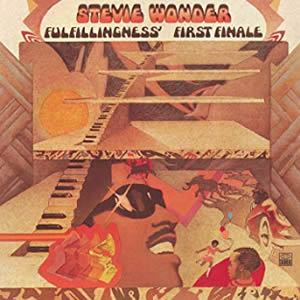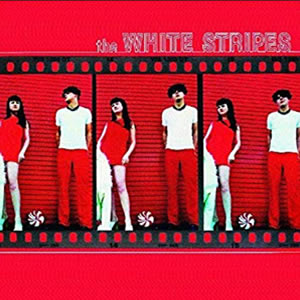Brand New Day by Sting
Buy Brand New Day Sting‘s sixth solo record, Brand New Day was a 1999 critical and commercial success that ultimately earned a Grammy Awards for both Best Pop Vocal Album and Best Male […]

Buy Brand New Day Sting‘s sixth solo record, Brand New Day was a 1999 critical and commercial success that ultimately earned a Grammy Awards for both Best Pop Vocal Album and Best Male […]

Buy Fullfillingness’ First Finale At the age of just 24, Stevie Wonder released his 17th studio album with 1974’s Fulfillingness’ First Finale. This record came when the composer, musician and vocalist was in […]

Buy The White Stripes The self-titled 1999 debut by the Michigan based debut, The White Stripes was at once a nod back to the American blues from the century about to end and […]